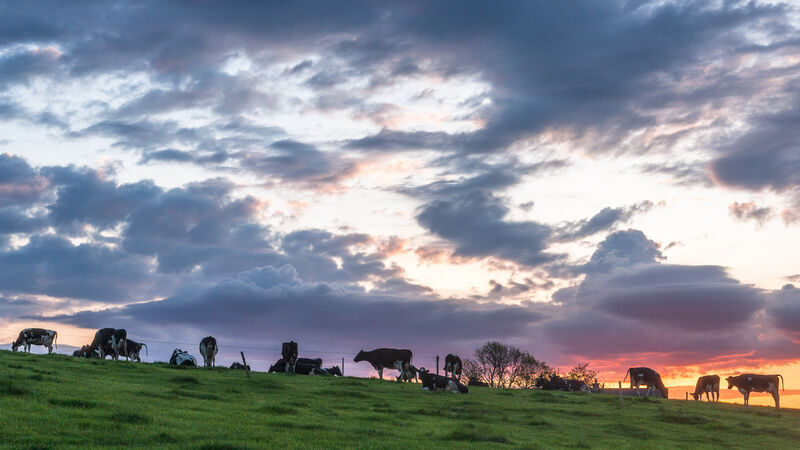Mick Clifford: Sacred cows unlikely to survive climate crisis

The sacred cow that is the national herd represents a perfect example of how far politics has to travel in order to accommodate the new dispensation being ushered in by the climate crisis.
Ten days ago, the Taoiseach and Independent TD Danny Healy-Rae had what, on other occasions, might be regarded as a colourful exchange in the Dáil.
Mr Healy-Rae put it to Mr Martin, that he, the Taoiseach, had been quoted as saying he was going to reduce the size of the national dairy and beef herd as part of a climate plan. Mr Martin replied that he said no such thing. “You’ve been quoted in the papers,” said Danny. “It’s out there that you’re going to reduce the national herd.”
CLIMATE & SUSTAINABILITY HUB















